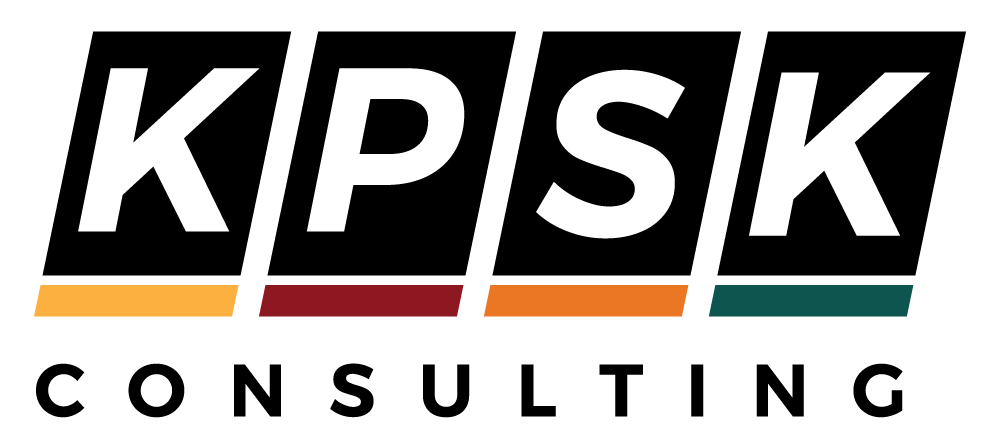WASHINGTON – The U.S. Department of Labor today announced the launch of its second annual Summer Data Challenge competition for emerging and established scholars to analyze how federal labor policies, protections and programs reach traditionally underserved communities.
Administered under contract by the department’s Chief Evaluation Office, the competition will support up to five awards of $30,000 each to researchers to help the department understand better how to use publicly available data and other external data sources to produce this analysis. The competition will also encourage labor-oriented researchers – especially emerging scholars – to focus on questions of equity in their ongoing work.
“The winners of the 2021 Summer Data Challenge provided key support for the Department of Labor’s commitment to equity, surfacing new data and approaches to understanding how our programs can better serve all workers, especially those who have been underserved, marginalized or excluded,” said Deputy Assistant Secretary for Research and Evaluation Alexander Hertel-Fernandez. “The 2022 challenge will build on that success to encourage more research on our most important labor issues and policies.”
Selected researchers will analyze existing data to help the department understand barriers to accessing benefits and services. The analyses may cover many topics, and may involve programs such as unemployment insurance, workforce training programs and enforcement protections. Populations of interest include those from communities traditionally underserved due to race, gender identity, sexual orientation, ethnicity, income, geography, immigrant status, veteran status and disability status, among others. Analyses must use data to illuminate meaningful gaps in knowledge and, ideally, propose practical solutions to fill those gaps.
The Chief Evaluation Office is especially interested in receiving proposals for the 2022 Data Challenge that address the following topics:
Public policy responses to the COVID-19 pandemic and accompanying economic downturn, including the effects of those policy responses on vulnerable or marginalized workers, such as women of color.
Understanding how policies and programs may shape opportunities for worker organizing and collective bargaining, especially for workers who have lacked access to labor representation in the past.
Understanding labor market competition and power, their intersection with working conditions, and how policies and programs can shape those relationships.
The impact of workplace technologies on workers and working conditions, including how automated technologies may be used for screening and hiring job candidates, assessing workers’ productivity and managing workers, and their intersection with labor protections and policies.
Learn more about the Summer Data Challenge. The deadline for applications is April 11, 2022.
The department’s Chief Evaluation Office sponsors independent evaluations and research, upholding the Department of Labor’s Evaluation Policy principles.

